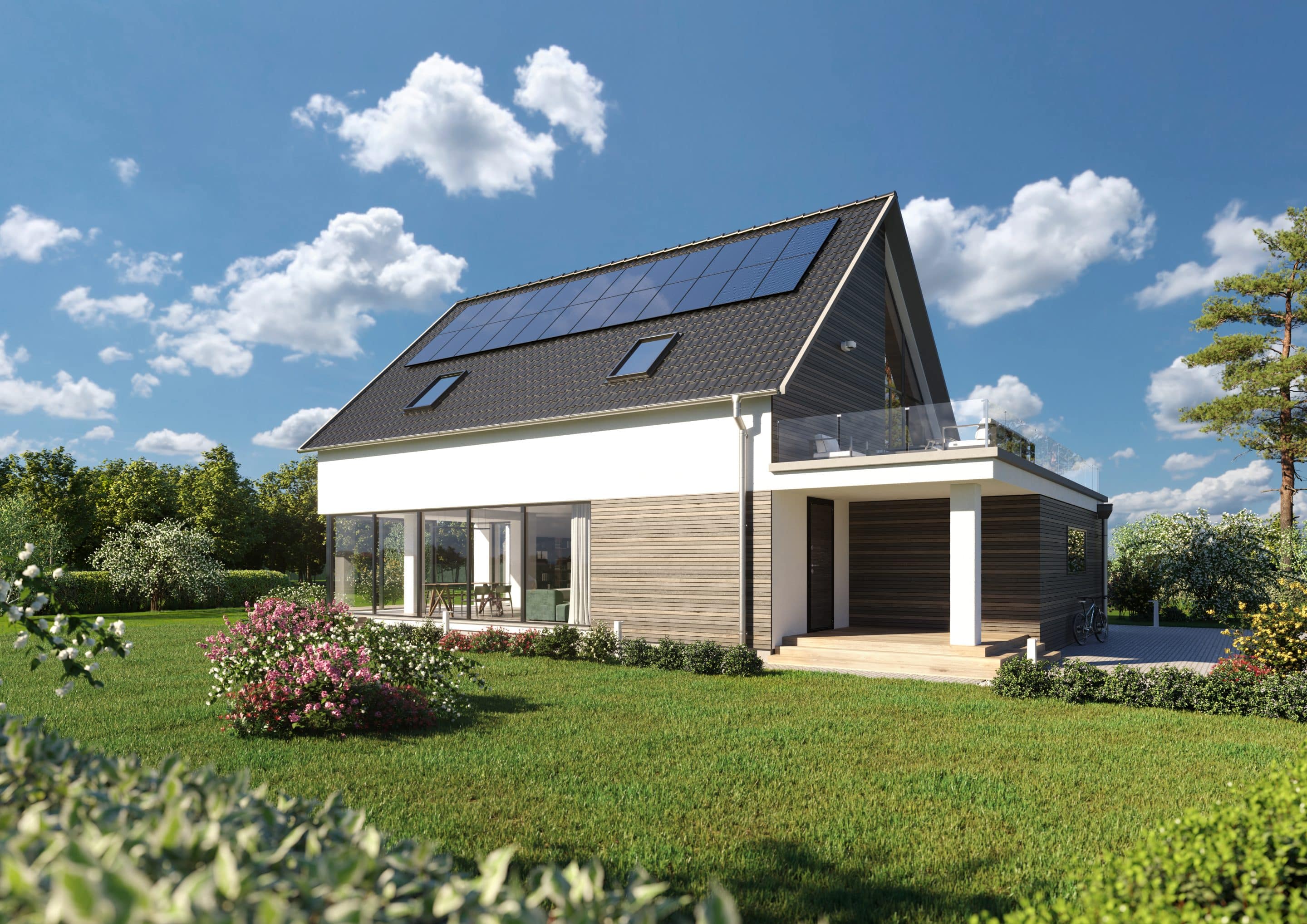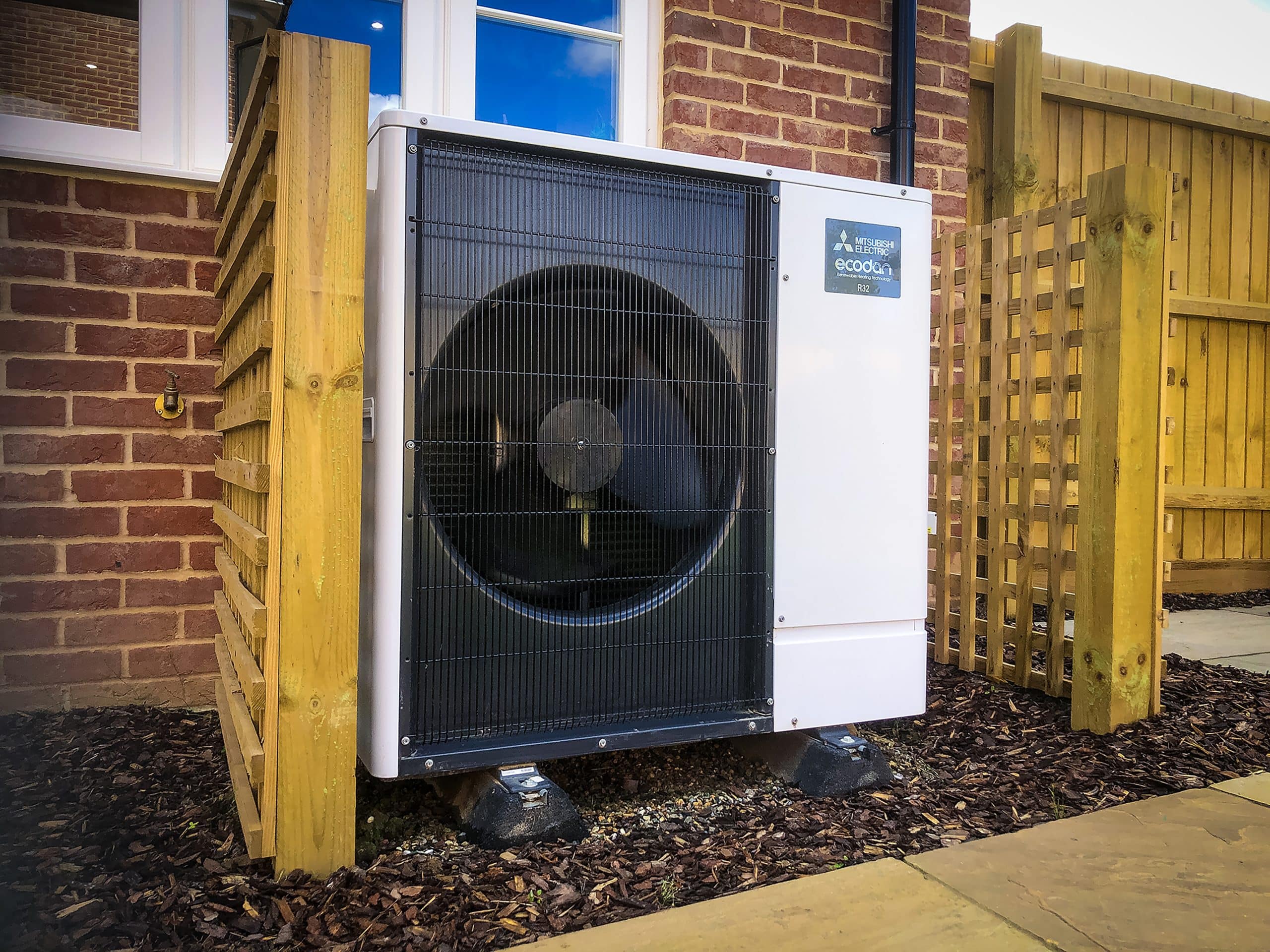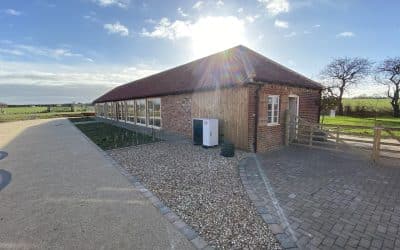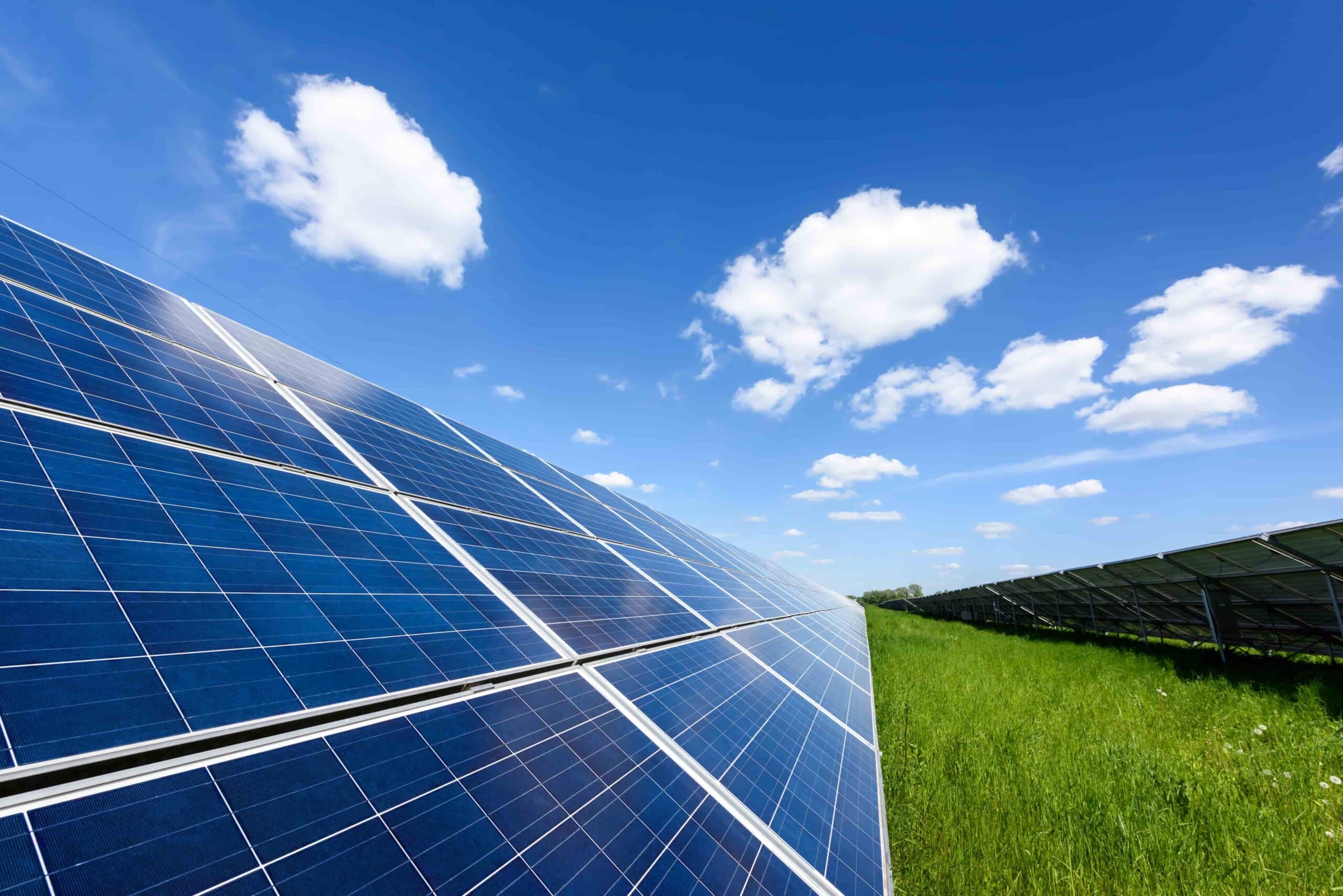Choose The Right Heat Pump For Your Home

So, What are they and how do they work?
What is an air source heat pump?
An air source heat pump (ASHP) is used to provide a home with heating and hot water. An ASHP absorbs heat from outside air in the same way that a fridge extracts heat from its inside. This heat is then used for heating radiators, underfloor heating systems, or warm air convectors, as well as providing hot water. Air source heat pumps can get heat from the air even at temperatures as low as -15°C.
How does an ASHP work?
An air source heat pump works by absorbing heat from air outside at a low temperature into a fluid which is passed through a compressor to increase its temperature. The most common air source heat pump is an air to water system, where the higher temperature of the fluid is transferred to the heating and hot water systems in a property.
What are the benefits of air source heat pumps?
There are many benefits available when utilizing an air source heat pump system: The cost of running an air source heat pump to heat your home is considerably less than most alternative methods, such as Gas, Oil, LPG or conventional electric heating; An air source heat pump has a low carbon footprint as it uses a natural source of renewable energy; The energy you generate with an air source heat pump can be used to heat your home and provide hot water; Having an air source heat pump will remove the need for fuel deliveries if the house is off-grid with no mains gas.
How Much Will a Heat Pump Cost Me?
The estimated cost for the installation of a standard air source heat pump system will vary due to several factors including the size of your space, how well insulated the property is, the way you use your room space and what room what room temperatures you wish to reach. Therefore, we would always recommend that you obtain quotes from a range of reputable and accredited installers.
What could you save?
The savings you could achieve will depend on several factors. Utilizing underfloor heating can be a more efficient heat distribution system than radiators as it removes the need for the water to be heated to a higher temperature as much. Because electricity is necessary to power an air source heat pump, you will still need to pay fuel bills, but these could be much lower than the fuel that you are replacing. Also, if your current heating system is inefficient, you will more likely experience reduced running costs with an ASHP. Once you have installed an air source heat pump, it’s important to learn how to get the most out of it through the control system. Although it might be necessary to set the heating to be on for a longer period, it’s possible that you will be able to set the thermostat to a lower temperature and still feel comfortable.
Boiler Upgrade Scheme
Over the past couple of years the government launced a new initiative known as the Boiler Upgrade Scheme which looks to reduce the cost of low carbon heating technologies, such as heat pumps, so that they are more affordable for consumers to buy and run. As part of the Scheme, a £7,500 grant will be available for air source heat pumps for those who meet the eligibility requirements. Please ask our sales team for more information regarding this.
Can I combine a heat pump with existing equipment?
Cylinder
To get the best out of an air source heat pump system, it is necessary to install a suitable cylinder. This will have a much larger coil capacity than a standard cylinder, making it capable of heating an increased surface area.
Combining an air source heat pump with your existing renewables
Electricity is required to operate an air source heat pump system, but you can help power them by an alternative method such as solar panels, wind turbines or micro-hydroelectric.
Solar panels
Homeowners are starting to look at installing air source heat pumps along with solar panels as a complete package, helping to lower fuel bills and cut their carbon footprint. Solar panel electricity systems, also known as photovoltaics (PV), capture the energy from the sun using photovoltaic cells. This electricity can then be used to operate an air source heat pump, creating an independent system.





